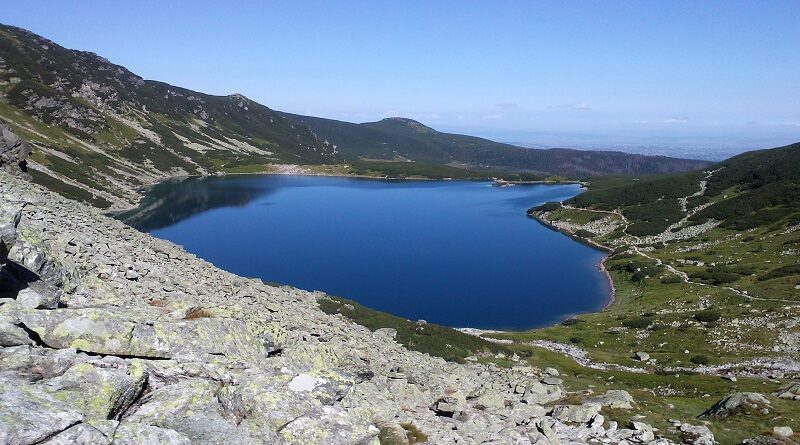Postgraduate courses in Physical Geography
The world of geography is quite interesting. We always admire the waterfalls or mountains and lakes but we don’t tend to stop and think – Where did that come from?
It’s worth thinking about and even studying. There are many ways to do so and to create a career within the field (pardon the pun!)
What is physical geography?
Physical geography is a branch of natural science which looks at the study of processes and patterns in the natural environment. Such processes and patterns include climate, seasons, atmosphere, soil, streams, landforms and oceans.
These processes affect the distribution of resources, such as carbon dioxide, and the conditions of human settlement.
Being a geographer
Geography is a very broad area and can open many different doors for employment in different areas. Most geographers do a lot of work with technology such as GIS (geographic information system mapping), remote sensing and GPS (global positioning systems).
Physical geographers examine the physical aspects of a particular field and how they relate to humans. An example of work done by physical geographers is mapping out where a natural resource may be and the implications of proposed economic development on the environment surrounding that resource.
General duties you may carry out will be:
- Gather geographic data
- Carrying out field operations – maps, photographs, satellite imagery
- Conduct surveys, interviews
- Create and modify maps
- Write reports, present findings
- Study the distribution of physical/cultural characteristics and activities
Courses
There are many courses in physical geography to choose from across the UK. Similar to most fields, a postgraduate degree in a particular area of geography will increase employability chances. Examples of courses you can avail of are:
Geography and Environment
Most masters in geography are heavily research based. There are often many collaborations across other subjects such as chemistry, biology and environmental science. Topics that will be focused on include environmental change and sustainability, socio-economic, cultural and political change, health and advanced materials.
Secondary Education (Geography)
If becoming a geographer isn’t the direction you want to take your career, teaching is always another option. There are many courses in the UK which will allow you to gain the necessary skills and experience to take on a teaching role in the field of geography. These courses will equip you to teach geography to students aged 11-18 in secondary school in England and Wales.
Geospatial and Mapping Sciences
A course in geospatial and mapping sciences will focus on understanding the theory and practice of geospatial data collection and management. Topics covered also include land, engineering and hydrographic surveying, data and geospatial information quality. Students will look at the latest developments in the field of geomatics and gain the skills necessary to support sustainable development.
Geoinformation Technology and Cartography
A postgraduate course in this area will aid students in understanding and managing the locational data required to use Geographic Information Systems (GIS) with visualization and map production in a GIS environment. There is also a focus on geomatics aspects and cartographic output in GIS programmes.
Entry requirements
Entry requirements differ from course to course and university to university. However, in most cases a good second class honours degree in geography or a related field.. In some courses, a 2.2 degree will suffice while in other courses, a 2.1 degree is required.
Job options
Examples of jobs you can use a food science degree in are:
- Physical geographer
- Secondary school teacher
- Education researcher
- Planning and development surveyor
- GIS Specialist
GIS specialists design, develop and implement systems and databases for storing and accessing geospatial data.
- GIS Officer
GIS officers find and analyse a range of geographical data using GIS systems in order to help organisations make long term plans.
Potential employers
Typical employers of those who have a food science degree are:
- Civil Service
- Environmental agencies
- Environmental consultancies
- Schools/Universities
- Local government
- Information systems organisations
Salary Expectation
The salary expectation depends solely on the route you want to take your career. There are a few different directions you can take within physical geography. For example, the average salary of a GIS specialist is £37,924 while the average salary for a geography teacher is £33,803.
Skills and requirements
- Analytical skills
- Strong communication skills
- Computer skills
- Strong writing skills
- Critical thinker
- Interest in geography




